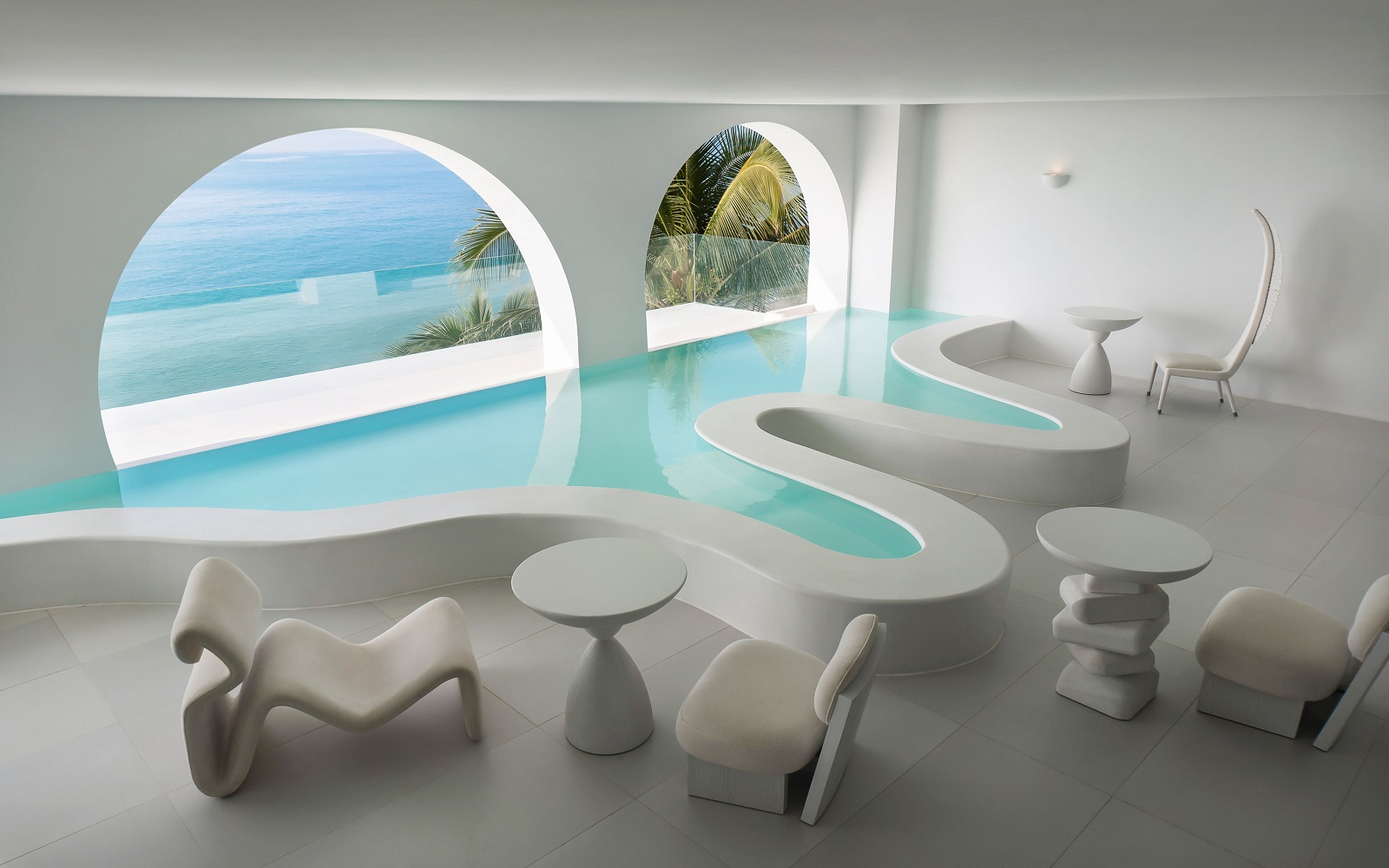A hotel can be classified into one of several styles, depending on its price and amenities. Standard operations, for instance, provide guests with varying levels of comfort and can make people more happier or more happy. These hotels often belong to larger hotel chains, but can still maintain their own unique style and layout. These hotels also offer more basic services, such as breakfast and a limited menu. In many cases, these hotels are located in midscale or upper-midscale neighborhoods. They may be independent or affiliated with a larger chain, but they are generally not luxury or high-end properties.
Boutique hotels, on the other hand, focus on creating their own unique personality. These types of hotels often offer eclectic choices. While both types of hotels offer high-end accommodations, boutique hotels are more likely to offer personalized, individual service. In addition to offering distinctive, curated services, boutique hotels have a distinct personality of their own. They are more expensive, but they are also more stylish than traditional hotels. They are a better choice for travelers who are looking for an experience and do not mind a little extra effort.
The word "boutique" has become a buzzword for the hotel industry. Originally coined by Steve Rubell in the 1980s, this new term now refers to hotels that have a personal touch. Often, they feature historic buildings, warm staff, and a strong design ethos. In addition, they're more unique than traditional hotels, so they're more unique. There's no right or wrong way to define a style of a hotel.
There are many different styles of hotel. In the past decade, the popularity of boutique hotels has grown exponentially. Today, it is possible to find boutique hotels in just about any city. The most notable examples of such accommodations are the posh and historic Morgans Hotel in New York. The name has become a recognizable brand name in the hotel industry, and they're often located in downtown or major hubs of activity. The rooms reflect the values and spirit of the brand.
There are many different types of hotels. Some are more traditional than others, but they all cater to different types of travelers. A luxury hotel is a good example of a boutique hotel. Most luxury hotels are more elegant than others, and they may have more luxurious accommodations. Some are themed, while some are not. These are a few of the main types of boutique hotels. You may find something more interesting than what you're used to.
A boutique hotel has a smaller scale than a regular hotel. Its designers usually use unique and creative fabrics and create a sense of city culture. Some boutique hotels are even more contemporary than their predecessors. A chain is a hotel that follows the same style in multiple locations. It is a popular choice among those who are looking for an inexpensive place to stay. There are many other styles, so choose the best one for you! Once you decide what type you prefer, make sure you enjoy your stay.
While there are two basic types of boutique hotels, the latter is the most popular. These are smaller than regular hotels, with an emphasis on creativity and design. They are typically located in fashionable or city centers and offer a more distinctive sense of the city's culture. By contrast, chain hotels spread rapidly and quickly dominated the market. They were perceived as stiff and spartan, but these are not the same. They are both different, but they share some important characteristics.
A concept hotel is an example of a non-standardised hotel. It is a hotel that allows travelers to immerse themselves in an experience. A concept property, on the other hand, is a hotel that combines the concepts of a concept with the traditional characteristics of a traditional hotel. There are also ice hotels and underwater hotels. In general, there are many types of boutique hotels, but each style is unique. For more information, read on!
In addition to cookie-cutter hotels, there are also boutique hotels. These hotels are often small and unique, and they are aimed at a specific demographic of travelers. They offer warm, hospitable staff and are located in major areas of activity. In addition, they are typically non-standard, so they reflect the spirit and values of the brand. These accommodations are also the most affordable options. There are many different hotel types in each region, and each one has its own special ambiance.


